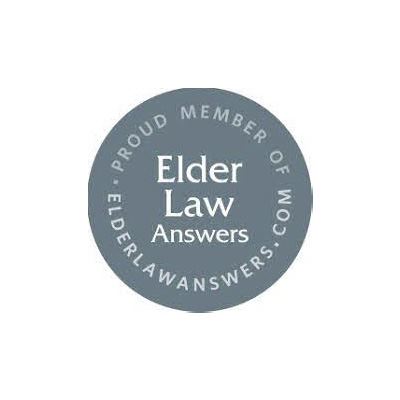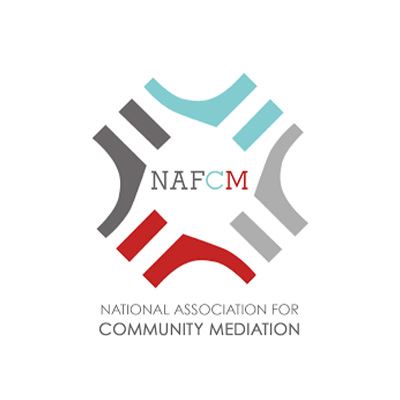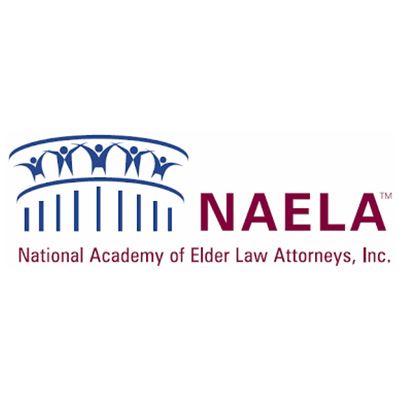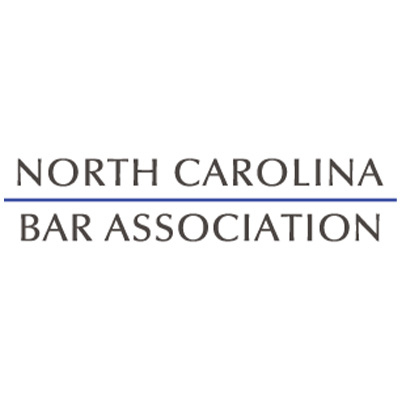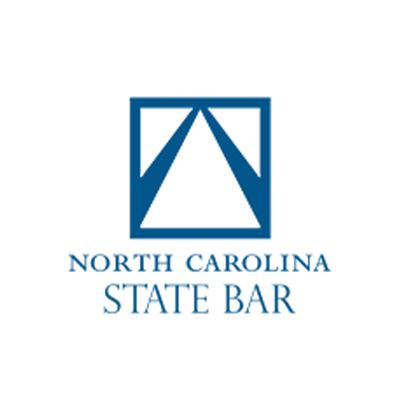
Charlotte Medicaid Attorney
Long-Term Care Planning at the Law Office of Kelli Y. Allen, PLLC
Medicaid is a combination federal/state program that provides financial assistance for medical care to qualified individuals. Most people who require long-term care will ultimately need to apply for long-term care Medicaid assistance. Once obtained, Medicaid pays the difference between your income and the cost of nursing home care.
The qualification requirements for Medicaid are complicated, confusing, and vary greatly by state. Many people make disastrous financial transactions prior to seeking legal counsel and applying for Medicaid. In many cases, these mistakes can cost thousands of dollars and/or several years’ delay in qualifying. So it is crucial to seek guidance from a dedicated Charlotte elder law attorney before beginning this process.
Medicaid Qualifications in North Carolina
When determining financial qualification for Medicaid, attention must be paid to both assets and income. In North Carolina, the Medicaid applicant is only allowed to have $2000 in “countable” assets. If an asset is not “countable” its value is not included in the $2000 limit. In general, “countable” assets include cash, stocks, real estate, CDs, boats, and most IRAs.
Assets
In most cases, the Medicaid applicant’s home is not a countable asset. In North Carolina, the applicant’s intention to return home makes the home non-countable. Even if it is unlikely that the applicant will be able to return home, the mere intent is enough to protect the asset. Even if there is no intention of returning home, it is not countable if his or her spouse or dependent lives there.
If the applicant is married, the spouse (referred to as the community spouse) is allowed to keep up to half of the couple’s combined assets, up to a maximum of $123,600 (2018 limit). NC Medicaid law dictates the date upon which the asset value is determined, which, in some cases, is years before the Medicaid application. Therefore, it is important not to transfer assets or pay off debts in anticipation of Medicaid qualification before speaking with a Charlotte Medicaid attorney.
Income
When determining Medicaid eligibility, only the applicant’s income is considered. The spouse may have any amount of income and it will have no bearing on the applicant’s eligibility. However, if the applicant’s income is more than the long-term care facility’s private pay rate, he or she is ineligible for Medicaid. If the income is lower, the applicant may qualify, but must use all but a small portion of his or her income to pay the facility and Medicaid will pay the difference, based on the Medicaid rate.
When considering income, Medicaid uses the “name on the check” rule. Thus, the income belongs to whoever is listed on the check. All income counts including wages, retirement income, social security, pensions, etc.

Whether you have questions or you're ready to get started, our legal team is ready to help. Complete our form below or call us at (704) 870-0340.
Medicaid Asset Protection
When considering eligibility for Medicaid, there are both countable and non-countable resources. Medicaid asset protection is the process of evaluating income and assets and devising strategies within the Medicaid rules to secure as much of your property as allowed so that it is not countable for Medicaid purposes. Some of those strategies include establishing trusts, making gifts or loans, purchasing annuities, using countable assets to purchase non-countable items, obtaining long-term care insurance, making home repairs, etc.
There are very specific rules which must be followed when taking actions to protect assets. Errors in approach and improper timing can cause significant penalties, during which time you may be ineligible for Medicaid assistance. Prior to making any transfers, it is crucial to obtain assistance from a qualified Charlotte elder law attorney.
Applying for Medicaid in North Carolina
In North Carolina, Medicaid is administered by the Division of Medical Assistance division of the Department of Health and Human Services. Applications are made to the local county Department of Social Services. Application procedures vary by county, and in most cases, extensive documentation is required. You must be prepared to document all of your current assets and income as well as the past five years on financial transactions. Failure to provide all required documentation can result in lengthy delays or denial of what would be an otherwise approvable application. Proper legal guidance is essential in ensuring that proper procedures are followed, thereby maximizing your chances for approval.
Get in touch with the Law Office of Kelli Y. Allen, PLLC for the help you need! Call us today at (704) 870-0340 to speak with a Medicaid planning lawyer in Charlotte.

Real Testimonials, Real Cases
-
"Great firm! Great team! Great people!"Anonymous
-
"We are happy with their service."Anonymous
-
"Thanks to Kelli and Allison our green card process was painless and stress free."Anonymous


